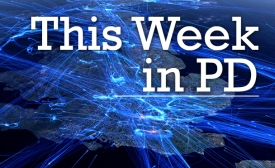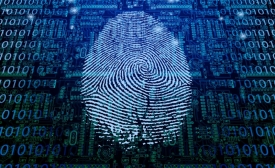cyber security
The Geneva Convention, signed by war-weary nations in August 1949, now binds 196 countries to protect civilians in war zones. Microsoft’s president, Brad Smith, argues that the U.S. and other countries now need to draw up a digital equivalent to protect civilians and companies caught in the crossfire of constant cyberwar.
Defensive no more about its censorship record, China is trumpeting its vision of “Internet sovereignty” as a model for the world and is moving to make it a legal reality at home. At the same time — confounding Western skeptics — the Internet is nonetheless thriving in China, with nearly 700 million users, putting almost 1 in 4 of the world’s online population behind the Great Firewall.
Prime Minister Shinzo Abe and visiting Estonian counterpart Taavi Roivas pledged Friday to strengthen cooperation on cybersecurity and digital identification technology.
The world is choosing sides in a fight over what the Internet will look like in the years to come. In recent months, countries have rushed to sign cybersecurity pacts that not only secure cyberspace allies, but also promote their vision of the global Internet.

The Internet still poses challenges for state and non-state actors alike.
Its Office of Management and Budget just launched the "HTTPS-Only Standard" initiative, requiring the use of the HTTPS (Hypertext Transfer Protocol Secure) protocol on all publicly accessible Federal websites and web services. In today's web browsers, the https:// protocol (as opposed to the traditional, outdated http://) offers the strongest guarantee of reliable information and secure transmission.

Eric B. Schnurer explores how the Estonian government is using the internet as a new space for collaboration, engagement and partnership in his article for Foreign Affairs magazine.







